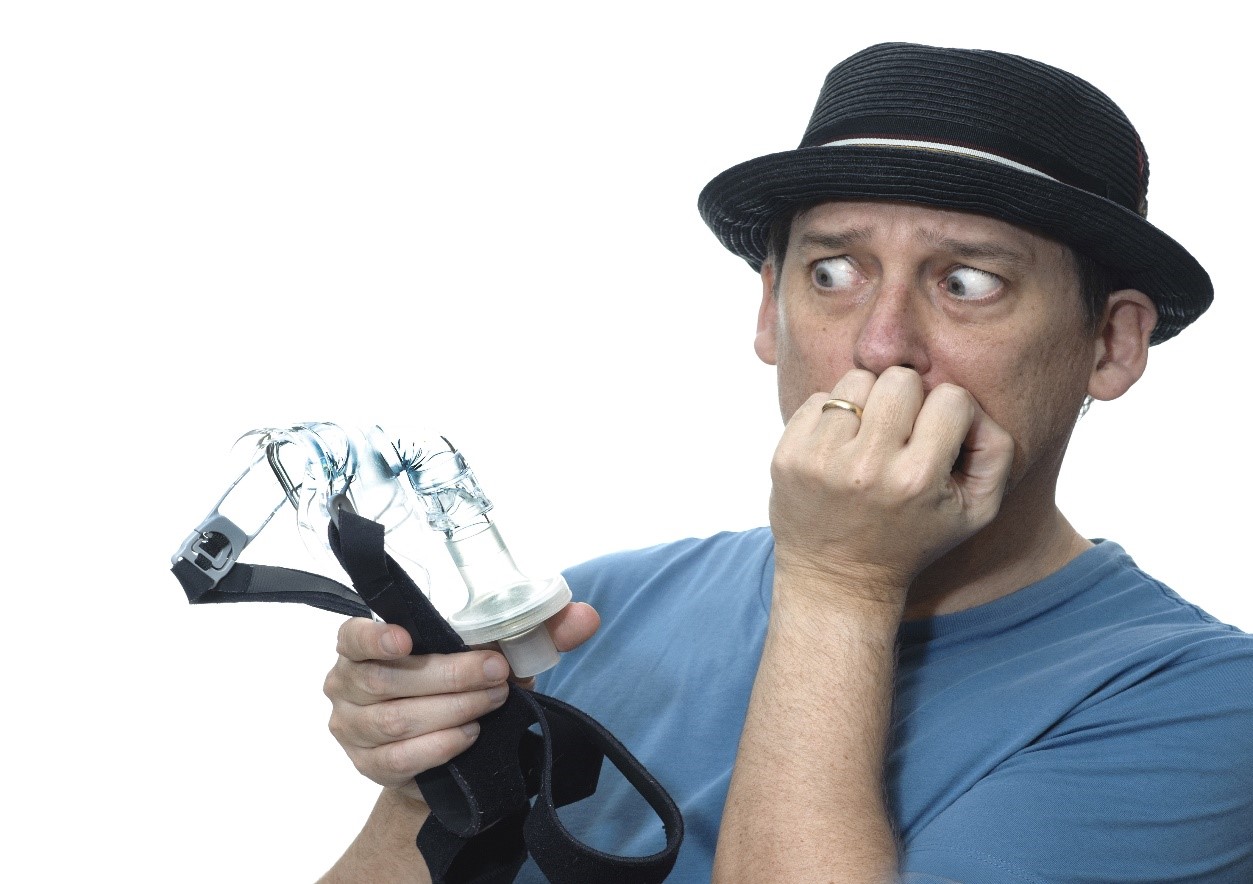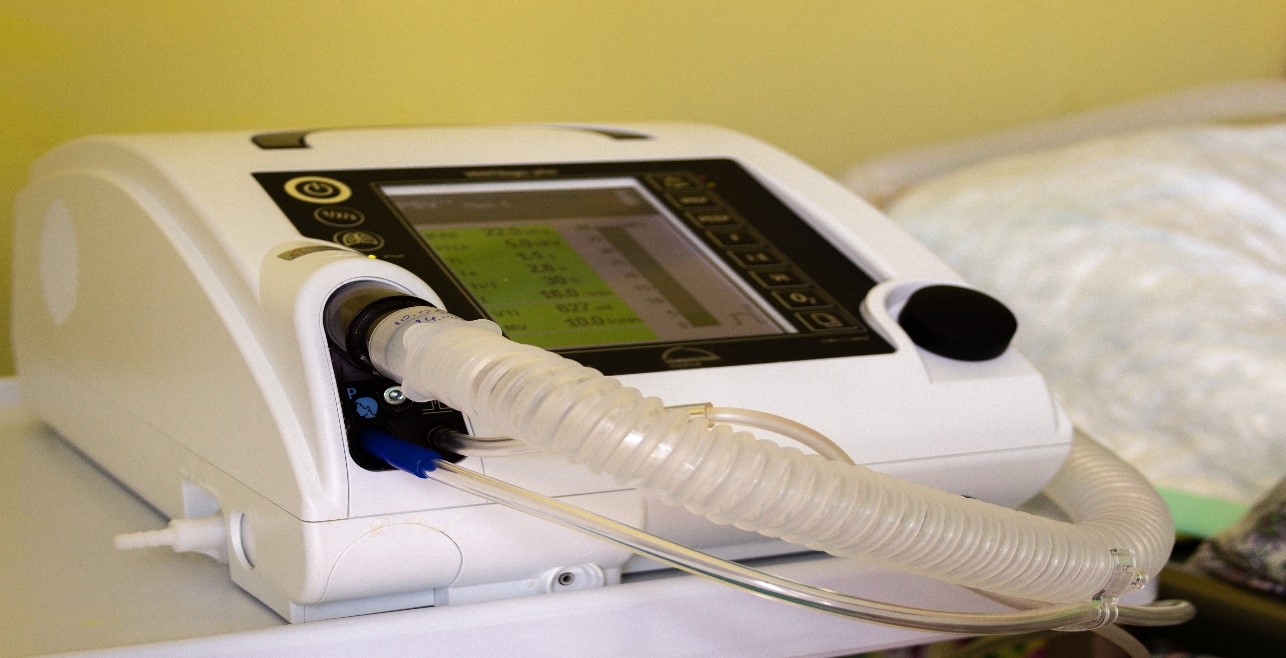Table of Contents
CPAP Failure: Why it Happens, and What Happens Next
If you have not been able to acclimate to the use of continuous positive airway pressure therapy, more commonly known as CPAP therapy, understand one thing:
You are not alone.
In fact, you join many others with sleep apnea who share several experiences that can result in something known in the field as “CPAP failure.
CPAP Failure and Why It is Called That

It is a rather harsh term, CPAP failure.What it really means, typically, is CPAP intolerance.
When a person cannot tolerate CPAP, he is more inclined to neglect to use it. Usage is critical, nevertheless… not only for treatment but for reimbursement from insurance companies.
Insurance Carriers and CPAP Failure
Today’s CPAP machines are equipped with monitoring technology that’s accessible to both sleep professionals and insurance carriers.
Either a card inside the equipment collects usage data to be uploaded at the sleep clinic for review, or a wireless service streams that same data directly to the clinic through a modem.
In either case, a “failed” status reflects when an insurance carrier reviews a patient’s usage data and discovers it does not add up to their minimums. To them, that user will be regarded as non-compliant. Within the context of reimbursement, the insurer may then refuse to reimburse that patient for the device or supplies and may even ask for the machine to be returned.
The Risks of a Failing CPAP
The obvious risk is that you do not treat your sleep apnea and continue to suffer its outcome on your health and well-being. Major concerns consist of cancer, brain damage, stroke, diabetes, heart disease, and other chronic, life-threatening conditions.
CPAP is not a “whenever you feel like it” treatment; you have to use it for it to work, and without it, you will go back to the original problems that sent you to the physician in the first place.
But the second risk is that you may lose your CPAP machine and supplies due to noncompliance.

Why CPAP compliance Matters
Compliance is usually defined by the Centers for Medicare and Medicaid Services (CMS) as using CPAP at least 4 hours nightly, for 70 percent of the time.
So, for a week’s time, that equals about 5 nights out of 7, and in a month’s time, that equals about 21 nights out of 30.
Most private insurance companies cleave to a similar definition. This definition is not arbitrary, by the way. It exists to define the minimum amount of therapy shown by research to be effective for offsetting the dangerous cardiac problems that untreated sleep apnea can result in.
The Bright Side
Sometimes, insurance companies require you to “fail CPAP” before allowing you to attempt a different type of noninvasive ventilation, such as APAP, BiPAP, or ASV.
In that case, your “failure” may actually be grounds for an upgrade to a therapy you love! So, do not take it personally… sometimes, CPAP failure can actually be a blessing in disguise.
Consult with your sleep specialist about all of your choices, if you are concerned about CPAP intolerance. There truly is a treatment out there for everybody, and the best sleep centers will help you find what you require to be healthy and happy again.





 Shop
Shop



